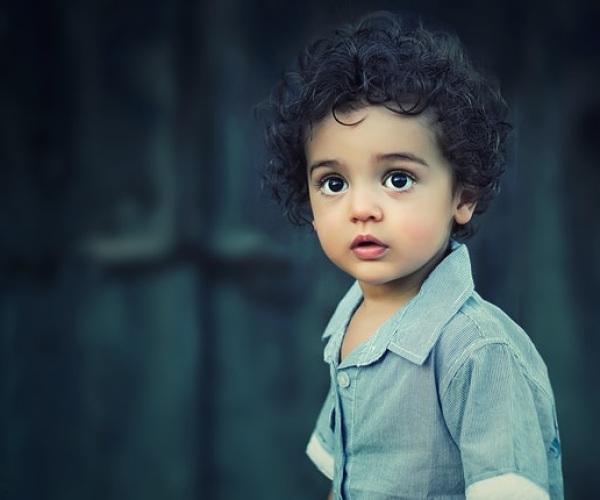Helping children who find it hard to say goodbye

All children at some point in their development are likely to experience some anxiety about being separated from their primary carer. It’s common and normal among babies and toddlers. A few preschoolers and school-age children develop a more serious form of the condition, called separation anxiety disorder.
Children with separation anxiety disorder often display significant distress at the thought of, or at the time of, actual separation from their carer. These are the children who may cling to a parent’s leg, cry and plead parents not to go and, in extreme cases, take potentially dangerous steps to find their parents. I have seen children climb 2-metre high fences to chase after their parents: I have heard of children leaving school and finding their way home just to be reunited with their parents. These are also children who often don’t want to sleep alone, refuse to go on sleepovers or camps, and often display a range of physical symptoms such as headaches, nausea, and vomiting.
The cause of separation anxiety disorder is not really known. Certainly, it is more common following a stressor like the loss of a loved one or starting school, but it can happen at any time, and some children are likely to be more predisposed than others. It is thought that about 4% of children will experience separation anxiety disorder.
Children often fear that something bad may happen to their parents, preventing their return (e.g. a car accident) or that something bad will happen to them if their parent is not there to protect them. To resolve separation anxiety, it helps to understand what your child’s fear actually is and to help give them the tools to manage their anxiety.
It is important that your child hears the following messages:
- “You are safe.”
- “I will retur.n”
- “You can be brav.e”
To help them manage their feelings, you may try some of these coping strategies:
- A kiss to keep in your pocket
- Messages in their lunchboxes
- A photo of the 2 of you together
- A special object to take care (e.g. a necklace, a coin, anything that the child perceives may be of value to the parent)
- A key to the house
Each of these strategies can help a child to understand that your relationship with them endures even in your absence. It can give them something to focus on while their feelings resolve.
Children copy their parents’ and carers’ emotions and behaviours. Children may interpret adults’ anxiety or worry as indicating to them that their situation is unsafe and that they should be fearful too (e.g. “the world is a dangerous place and I am not capable of handling it on my own”).
Adults can help children manage their separation distress and help them feel safe by being calm, relaxed, and reassuring, noticing their child’s emotions, and comforting them. A balance is required, however. For adults, it is important to find the balance between supporting and reassuring children and allowing children to have opportunities to practise managing their own emotions.
Parents have feelings too; If, as a parent, you are finding it hard to separate from your child, you may want to consider speaking with a psychologist to find ways to manage your own feelings.
If children’s separation anxiety persists despite following these suggestions, we recommend seeking the help of a psychologist. A psychologist can further assist in understanding the reason why the child is experiencing anxiety and develop a tailored treatment plan to give the child the tools to cope with the fear. The psychologists at Prosper Health Collective have had many years of experience dealing with separation anxiety and can assist your child.